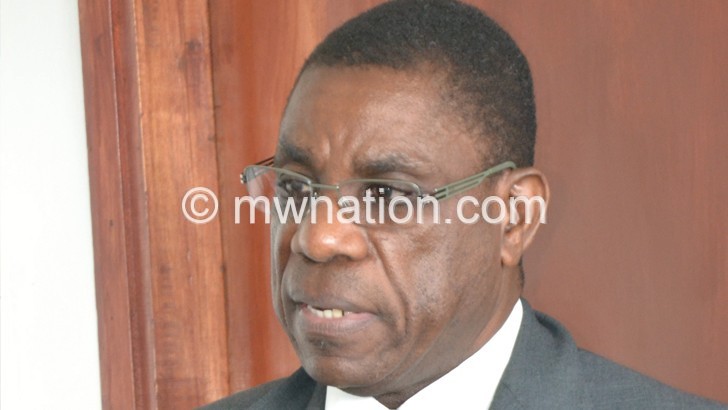Consumers lament rising goods prices
Consumers Association of Malawi (Cama) says the scarcity of fuel the country is experiencing is compounding the cost of living crisis by pushing up commodity prices, affecting people’s wellbeing.
Data compilied by Cama shows that prices of basic commodities such as sugar, bread, cooking oil, flour and vegetables have risen by an average of K500 weeks after the scarcity of fuel.
In a statement made available to Business News yesterday, Cama executive director John Kapito said the failure to control the supply of a key commodity such as fuel is an economic suicide for a poor country such as Malawi.

He said: “The scarcity of fuel has triggered high prices of various goods and services on the market, increasing the cost of transportation of various goods and services which has created scarcity of both local and imported commodities on the market.”
Kapito said consumers are experiencing fuel scarcity and long queues in the filling stations as well as an emerging fuel black market where prices of fuel has drastically gone up as one has to pay a bribe to access the commodity at nearly double the official pump price.
Malawi has been experiencing fuel supply shortages since last month, owing to inadequate foreign exchange to buy fuel.
Malawi Energy Regulatory Authority consumer affairs and public relations manager Fitina Khonje admitted the erratic fuel supply, but said stakeholders in the fuel industry continue to work to minimise the fuel supply disruptions.
“We understand that there are fuel supply interruptions caused by limited availability of foreign exchange and this has affected consumers but efforts are being made to normalise flow of supplies,” she said.
Meanwhile, Malawi’s year-on-year headline inflation rate has been on the rise, hitting 25.5 percent triggered by a rise in food and non-food items, according to the National Stastical Office (NSO).
NSO figures published last week show that during the same period last year, inflation rate was recorded at 8.4 percent.
This means prices of goods and services during the period under review have increased at an increasing pace compared to the corresponding period last year.
The figures show that food inflation went up 33.4 percent, a rise from 32.5 percent the previous month while non-food inflation rose to18.2 percent in August from 17.5 percent the previous month.
Authorities, including President Lazarus Chakwera, have largely attributed the shortage of fuel to the scarcity of foreign exchange in the country.






One Comment